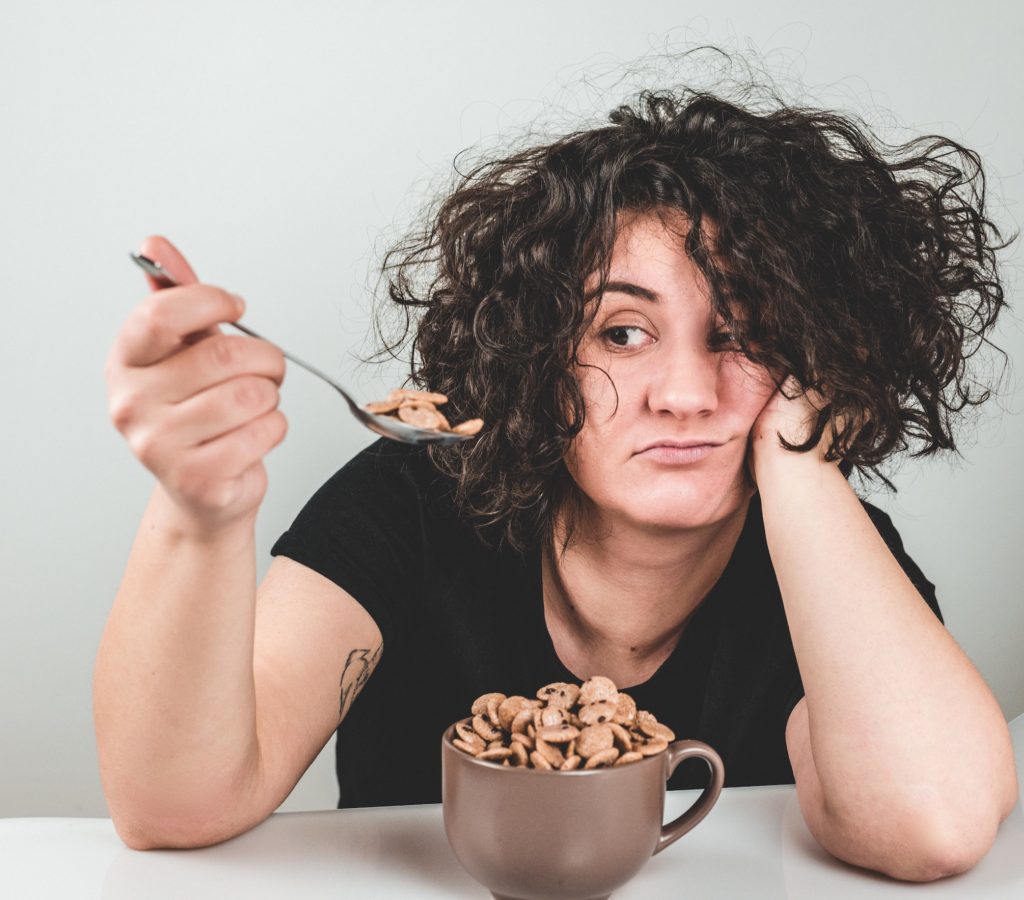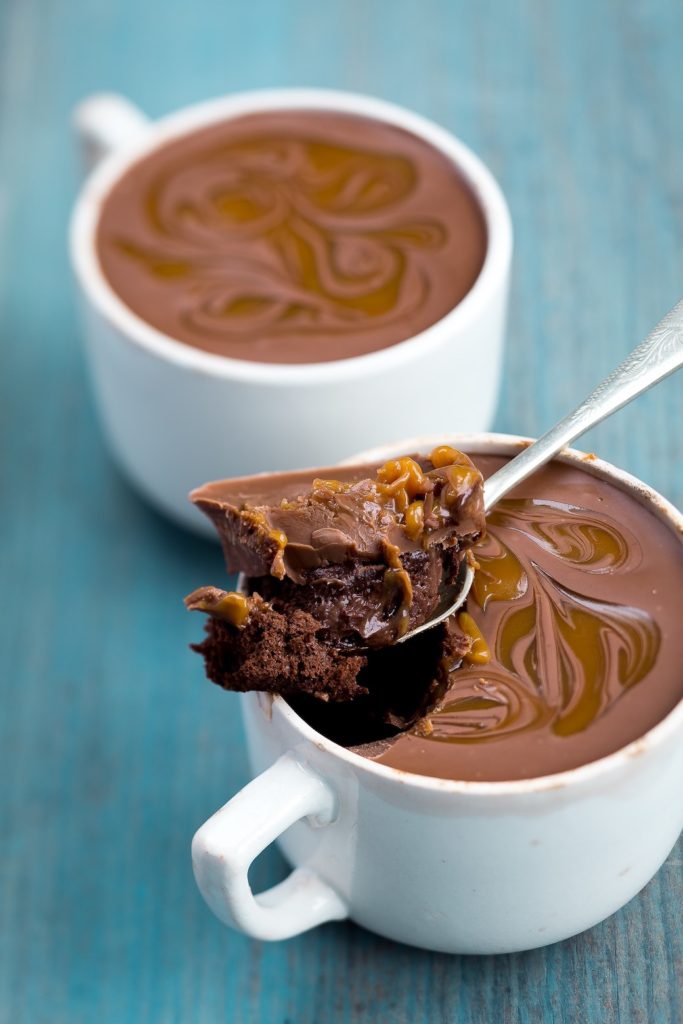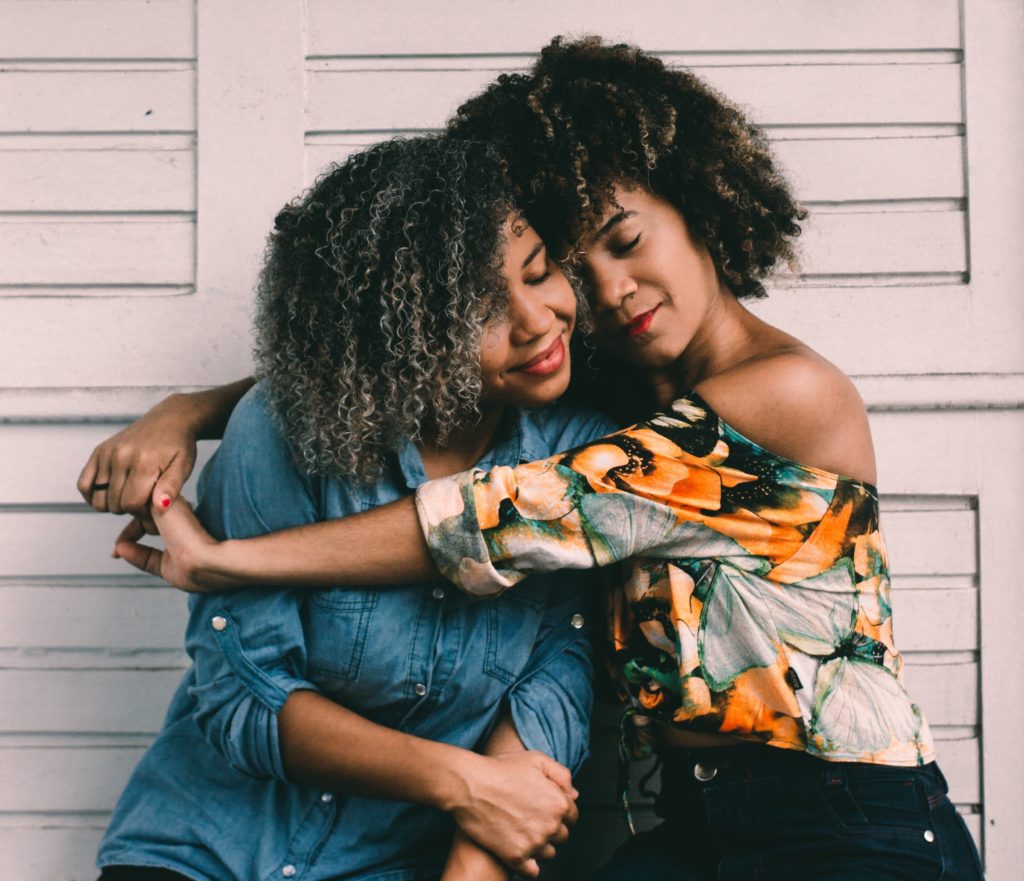
Should I worry about my emotional eating?
Do you consider yourself an emotional eater?
I often get told, “I want to fix my emotional eating.” The implication being that emotional eating is bad, and people asking a question like this tend to feel a lot of shame for using food as any type of emotional comfort.
Here’s the thing: emotional eating is NORMAL and OKAY. Ask any intuitive eating dietitian and they are unlikely to agree with you that it’s the emotional eating you should be worried about.
For example, have you ever used food to celebrate? Like enjoying cake at a friend’s birthday party or going out to eat with family after a big event. What about eating a comforting family recipe when you’re feeling homesick? Maybe you’ve taken the classic dive into a pint of ice cream after a tough day at work?
All of these things can be done as an intuitive eater and as someone with a healthy relationship with food. Why? I’ll say it again: emotional eating is a normal part of life.
Really, where my concern lies when this question comes up with clients is in what happens after the action of emotional eating. What I want to know, and what I want my clients to explore, is what is going on in the thoughts and feelings behind the action.
What I typically find with my clients is after some discussion, the root of the problem doesn’t really lie in uncontrolled emotional eating, per se.

Sometimes, the deeper problem is using food to avoid processing hard emotions, or as a distraction from frustration or boredom. When this is your only tool for coping with emotions, the use of food as a coping mechanism can lose its value and make you feel out of control. It also keeps you from digging deeper and asking, “What do I really need right now?”
Sometimes, the problem comes down to not consistently and adequately nourishing your body because you are restricting and trying to lose weight. Whether it’s a fully conscious decision or not, dieting and restriction can be a huge emotional trigger to eat.
Food can also be used as an escape from a busy life, particularly in a society that glorifies always keeping yourself productive. If you’re eating, you’re at least doing something while taking your break, right???
Using food to cope with emotions is okay. But consistent out-of-touch eating to cope with emotions when you haven’t developed other methods of coping as well can become problematic.
One of the principles of intuitive eating is learning how to cope with emotions without using (only) food.
Instead, you learn how to choose how to cope with your emotions by learning to figure out what the problem really is, then implementing strategies that you’ve learned work best for YOU.
Next time you find yourself eating to cope with emotions but feel as though you aren’t intentionally making that decision, here are a few steps (straight from the Intuitive Eating book) to help you figure out what is really going on:
- Am I feeling physical hunger?
If the answer to this question is yes, then chances are you aren’t emotionally eating. Instead you’re honoring your hunger by eating some food, and that’s great!
If you aren’t feeling physically hungry, it’s time to dig deeper. - What am I feeling?
If you are eating without feeling physical hunger, what are you actually feeling? Try to take a step back to become aware of whatever feelings come up when you set the food down and face your emotions. An important part of this is NOT getting mad at yourself for your feelings, but instead aiming for non-judgemental awareness. If you have difficulty with this awareness it may be beneficial to journal, reach out to a friend to talk, or even see a therapist to have professional help getting you to the real root of your feelings. - What do I need?
Once you’ve figured out what you’re actually feeling, the next step is to figure out how you can best meet your needs. For example, if you find yourself reaching for a snack when you aren’t physically hungry and figure out you’re actually feeling stressed from procrastinating a task you’ve been needing to complete, eating won’t meet your needs. Instead of the snack, set a small goal to start working on the task you’ve been putting off. An important part of this is also giving yourself permission to come back to the snack if you still want it after you’ve accomplished your goal. However, you’ll likely find that the food you were seeking was simply a distraction, and getting your task done solves your real problem: stress due to procrastination. - Would you please…?
Sometimes, we need to ask something of someone else in order to address our emotions. The idea behind this step is to speak up for yourself in order to meet your needs. This may mean asking for boundaries in your job or a relationship, or help caring for a child if you are feeling overwhelmed and need some time to yourself. Once you’ve made this request, you will probably see that food loses its power in dealing with your emotions because you’ve addressed the real issue and the emotional trigger to eat is no longer there.
Even after you’ve practiced this process of figuring out your real needs when you feel an urge to emotionally eat, food might still be your answer. You have permission to use food as a coping mechanism and eat emotionally if that’s what your body is telling you will work best in the moment.
The important part is becoming aware that most of the time, you can’t solve the real problem with food.
And sometimes, food might just make things worse. You can use food as comfort, but be intentional about also addressing the real problem in order to take the best care of yourself you can.
You deserve care and compassion, and the most important person that can give this to you IS YOU.
Spend some time on self-care this week. Don’t be afraid to speak up for your needs. Lean on the people in your life who love you unconditionally. YOU. ARE. WORTH. IT.

If you’re interested in learning more about working with me to improve your relationship with food through intuitive eating, reach out so we can schedule a free 15 minute chat.
Let’s get to know each other and find out if taking this step to prioritize your health and self-care is right for you.
So here’s to comfort food and emotional eating, because do you really want to be an emotionless eater anyway???
— Lauren